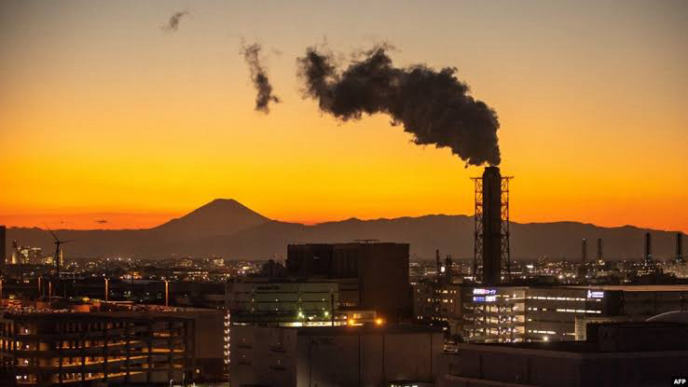Mount Fuji, Japan’s iconic symbol, has been making headlines for an unusual reason: its lack of snow. This year, the mountain has set a record for the latest snowfall since 1894, remaining snowless well into November.
The Culprit: Unusually Warm Weather
The primary reason behind this anomaly is the unusually warm weather conditions that have persisted in Japan. The summer of 2024 was the hottest on record, with temperatures significantly above average. This prolonged heat has delayed the onset of winter, leading to a delay in snowfall on Mount Fuji.
Global Warming’s Impact
This event is not isolated. It is part of a broader trend of warming winters across the globe. Human-induced climate change is causing a decline in snowpack in many regions of the Northern Hemisphere. Scientists warn that if greenhouse gas emissions continue at the current rate, many areas could experience snow-free winters by the end of the century.
Overtourism and Environmental Concerns
In addition to the impacts of climate change, Mount Fuji is also facing challenges related to overtourism. The mountain attracts millions of visitors each year, leading to issues such as litter, overcrowding, and damage to the environment. To address these problems, Japanese authorities have implemented measures to limit visitor numbers and promote responsible tourism.
As we continue to grapple with the effects of climate change, it is crucial to take steps to mitigate its impact and protect our planet’s natural wonders.















